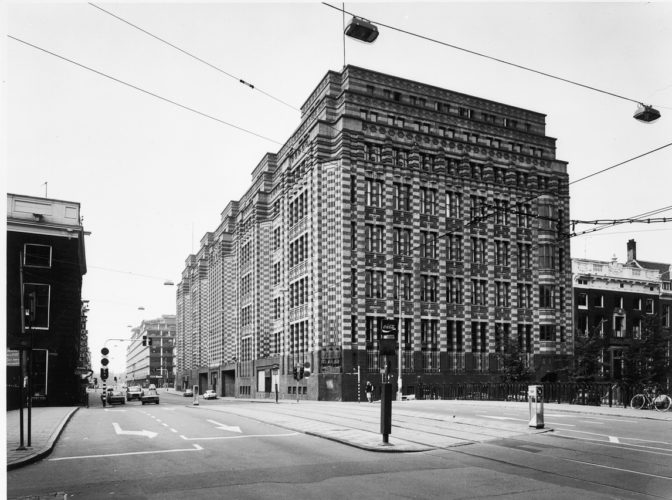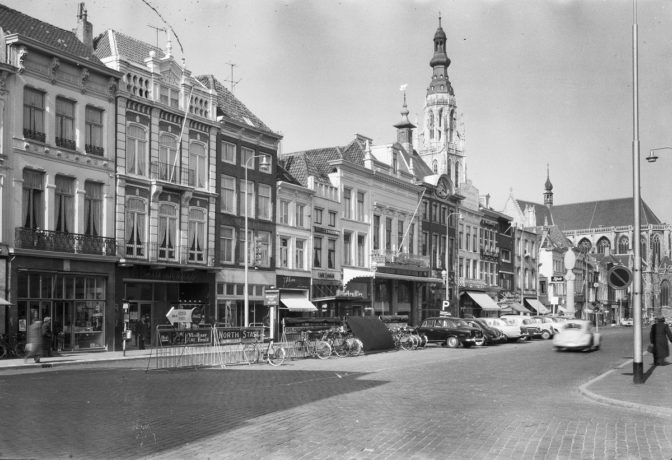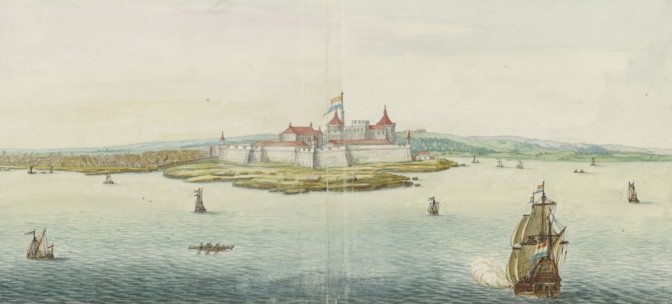Here are some of the new sources and websites that have become available to us in the past month.
Online Dutch records
- The Regionaal Historisch Centrum Limburg published an index and scans of the population registers of Maastricht for 1860-1890. The index was created by volunteers at the VeleHanden [Many Hands] platform
- The West-Fries archief published scans of the population registers of Andijk, Medemblik, Nibbixwoud, Opperdoes, and Twisk. The scans can be browsed at the West-Fries Archief website.
- MyHeritage added seven Dutch collections: civil birth, marriage, and death records, church baptismal, marriage, and burial records, and population registers. These records were already available on other websites such as FamilySearch, but can now easily be used by MyHeritage users as well.
- At AlleFriezen, the website with genealogical information from Friesland, information about the church poor administration accounts have been added for the municipalities of Ferwerderadeel, Wolvega, Drachten, Blessum/Hilaard, St. Annaparochie, Vrouwenparochie, and Oosterlittens, all from before 1811.
- The Amsterdam City Archives reported that their free scanning on demand service is so popular, that they are struggling to keep up with demand. It can now take up to ten weeks before the scans are available online.

Building of the Amsterdam City Archives. Credits: Rijksdienst Cultureel Erfgoed (CC-BY-SA)
New websites
- The National Archives scanned the records of the citizens’ petition from 1878, whereby they requested the King for a change in the education law, to give religious schools access to public funding. The scans are being indexed, and the results are online at the Volkspetitionnement website. All scans, including the unindexed ones, can be found at the GahetNA website of the National Archives.
- The Drents Archief published the new website Alle Kolonisten [All colonists] with information about the people who lived in the pauper colonies in the 1800s.
- The City Archives of Breda has a new website. The genealogy page contains references to over 3 million people in records.

Market in Breda. Credits: Rijksdienst Cultureel Erfgoed (CC-BY-SA)
New finding aids
- The Historisch Centrum Overijssel published finding aids for several local societies, and also of the court of Hardenberg.
- The Regionaal Historisch Centrum Limburg published a finding aid of the episcopality of Roermond 1665-1802.
- The Groninger Archieven published a finding aid for the city of Groningen 1594-1815.
Projects
- De Fryske Akademy is working on a project to reconstruct property ownership in Friesland from 1750 until 1900. The data of 1832 is already available Over the coming months, the cadastral information for the rest of the 1800s is entered, and then combined with historical data that is available for the cities in Friesland. The results are available via HisGis, the historical geographic information system of Friesland.
- The Gelders Archief, the provincial archives of Gelderland, has started a crowd sourcing project to index the death records for the period 1951-1960. Volunteers can report at the Vele Handen project page (Dutch only).
- The Tilburg Regional Archives reports that the first 1,000 scans of their crowed source project to index notarial records have now been finished.
- The National Archives is looking for volunteers to help georeference the maps of the Dutch East India Company. The instructions and tools are available in English.

Fortress of Elmina, coast of Guinea. Johannes Vingboons, circa 1665. Image credits: Nationaal Archief public domain)


Interesting to see that in 1878 religious schools were trying to government funding. Exactly the same thing is happening in the U. S. today using a voucher system. The Trump administration is in favor of this and has appointed as Secretary of Education, Betsy De Vos, a woman educated in the Christian Reformed School system in Grand Rapids, Michigan.